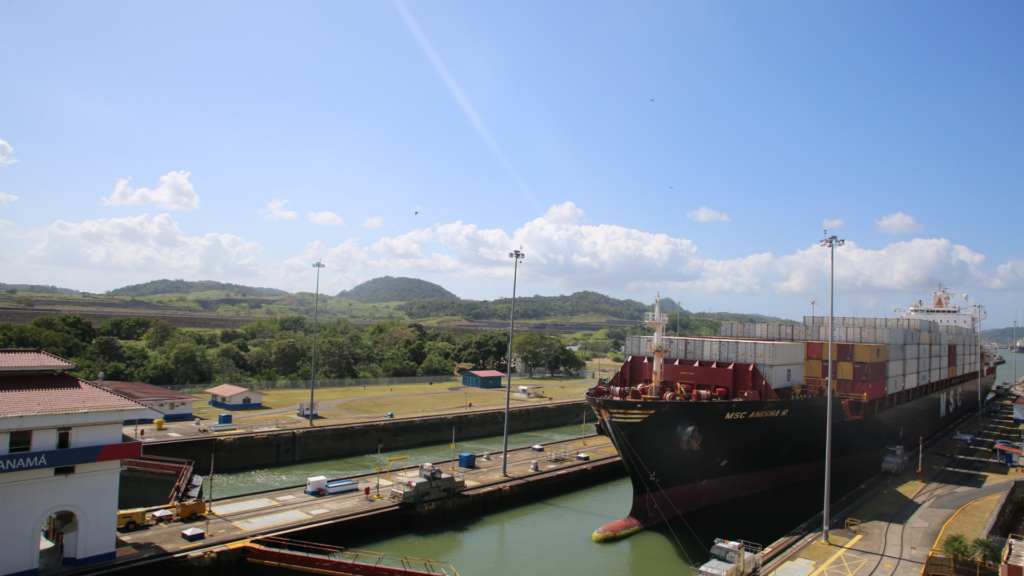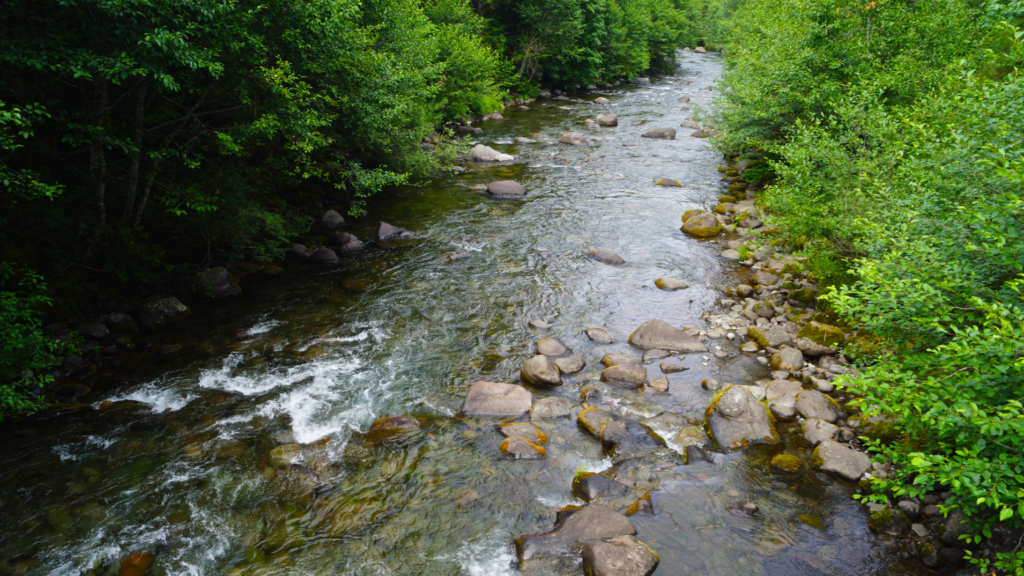Climate and water resources in Panama

Background to the study on climate and water resources The Panama Canal, a key link in global maritime trade, relies directly on the availability of water resources to feed its locks and ensure the continuity of international traffic. However, under the impact of climate change, this strategic infrastructure is exposed to increasing pressures. The changes […]
Climate plan for the city of Marrakech

Context of the study The city of Marrakech in Morocco, emblematic for its heritage, economic dynamism and tourist appeal, is facing critical climate challenges. Rising temperatures, the increasing scarcity of water resources, the intensification of extreme weather events and the vulnerability of certain districts make it a priority area for climate action. As part of […]
Evaluation of the climate change impacts on water resources in the Argoat-Trégor-Goëlo SAGE area

Context and challenges of evaluation of the climate change impacts The Argoat-Trégor-Goëlo SAGE territory, located in the north-west of Brittany, is geographically diverse, combining coastal areas, agricultural valleys and natural wetlands. It is criss-crossed by numerous coastal rivers and is heavily dependent on water resources for its many uses. It faces a number of growing […]
Hydroclimat and Covéa: A visionary collaboration for better prevention of climatic perils

Objective of the climate change vulnerability analysis for real estate assets in France and Australia Faced with the challenges posed by climate change, the collaboration between Hydroclimat, a specialist in digital hydroclimatology, and Covéa, a renowned mutual insurance group, marks a turning point in the analysis and management of climatic risks. This collaboration is part […]
Creation of climate indicators for NamR & Addactis

Introduction of climate indicators Hydroclimat has collaborated with NamR, a DeepTech start-up specialising in the supply of multi-domain spatial data, to meet a specific need: to develop spatial indicators on the effects of climate change in mainland France and Corsica. This is a project to create climate indicators. The aim of the project was to […]
Climate data integration for PwC France

Case study: Climate data integration for PwC France Hydroclimat assisted PwC France with an innovative project to integrate advanced climate data. The aim of this initiative was to provide climate indicators for 13 sites across Europe, in order to identify their exposure to climate risks and offer their clients effective decision-making tools. This project is […]
Prospective study of climate change impact on water resources in Isère

Country – France Context of the prospective study In April 2021, the Conseil départemental de l’Isère decided to update its engineering services to help local authorities adapt to climate change and manage water resources in a more balanced way. This initiative is part of the department’s policy of ecological transition, and is based on a […]
Case study of the impact of climate change on water needs and resources in the Lot watershed up to 2050

Country – France Context of the case study on the impacts of climate change in the Lot watershed The Lot catchment area is experiencing, during the low water season, a quantitative shortage of water resources which results in an imbalance between available volumes and needs. Scientific studies agree on the climatic and hydrological consequences of […]
Risk assessment and design support for climate resilient water services in Borana (Ethiopia)

Country – Ethiopia Context of risk assessment The Borana region, which is located in an arid area, faces increasingly frequent and intense extreme weather events such as floods and droughts. Heavily dependent on water resources for agriculture, livestock and the needs of local populations, it is among the most vulnerable to the impacts of climate […]
High-resolution projection dataset of agroclimatic indicators

Country – France Objectives of agro-climatic projections Agriculture, which is highly dependent on climatic conditions, is facing unprecedented upheavals related to climate change. Anticipating these impacts and providing tools to guide agronomic decisions is becoming a strategic priority. The objective of this project, carried out for Weenat, is to produce agro-climatic indicators with high spatial […]